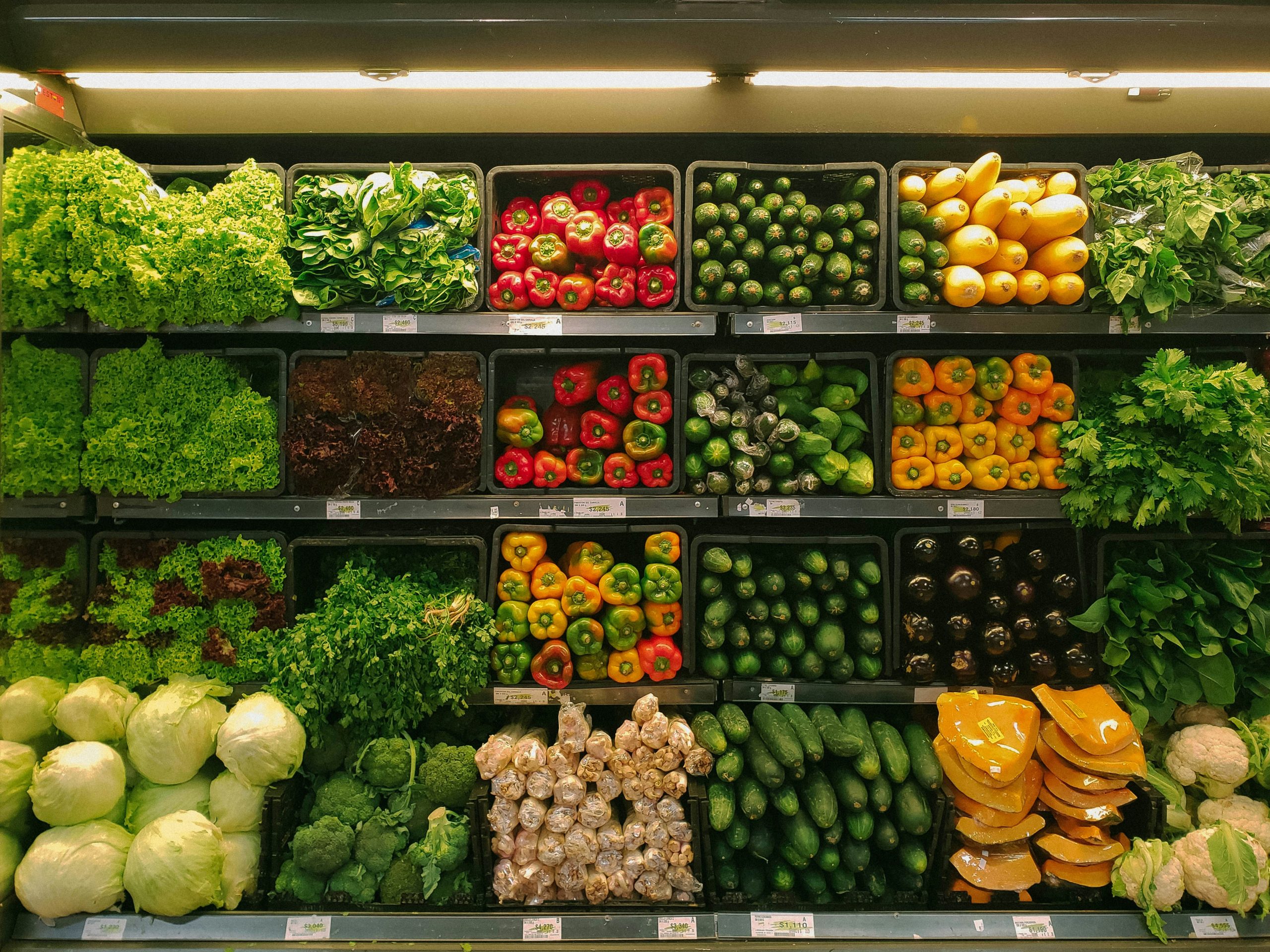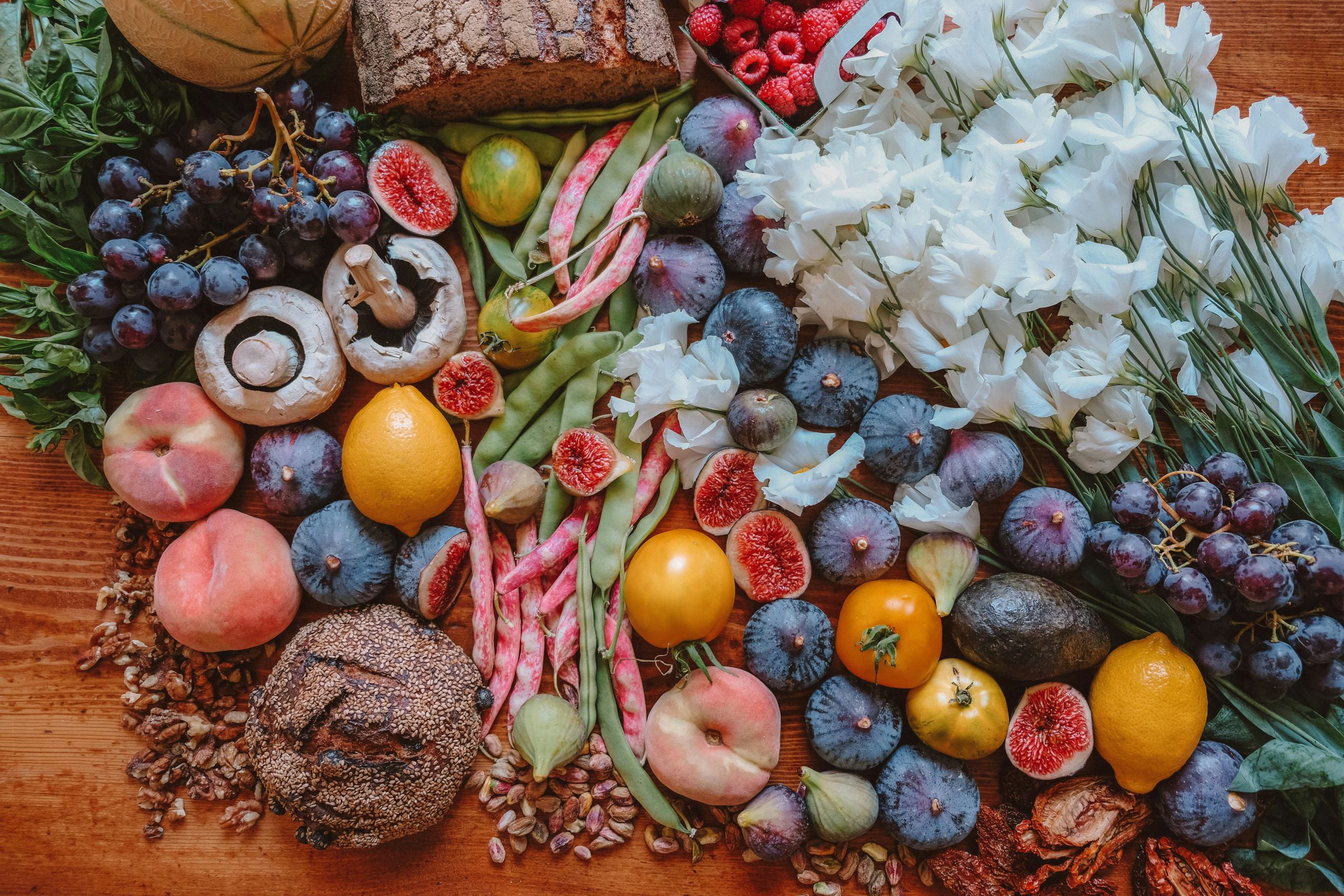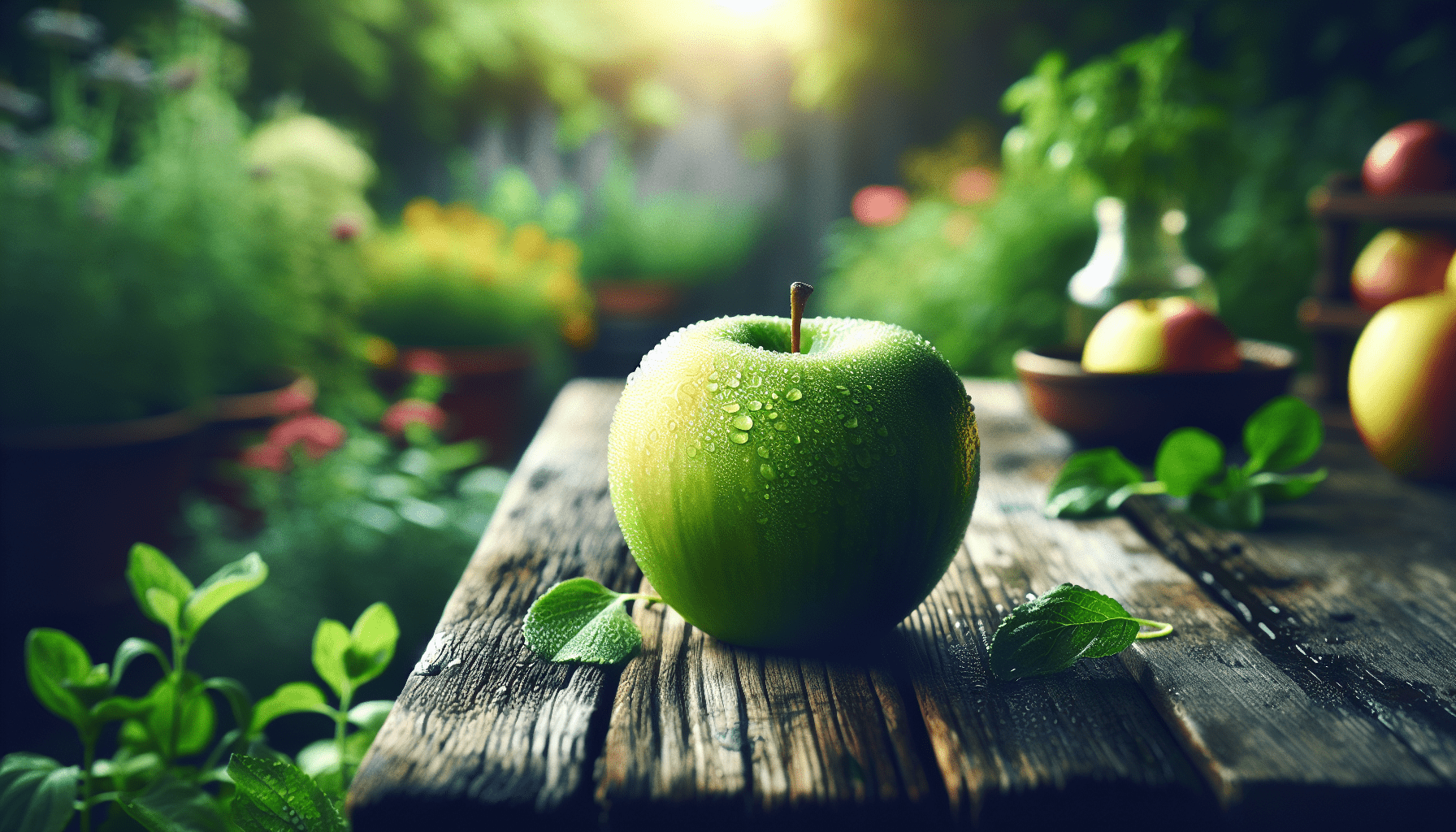In our journey to understand whether organic foods are completely free from pesticides, we delve into the nuances of organic farming practices, regulations, and the realities of pesticide use. While organic foods are grown using methods that avoid synthetic pesticides, they can still contain pesticides that are naturally derived or used as a last resort under strict guidelines. We explore how these practices compare to conventional farming and what it means for our health and the environment. By examining scientific studies and expert opinions, we aim to provide a clear picture of the safety and sustainability of consuming organic foods. Join us as we uncover the layers of what it truly means for our food to be labeled organic. Are organic foods free from pesticides? This is a question many of us often ponder as we stroll through the aisles of our local grocery stores. Buying organic may make us feel like we’re making healthier, more environmentally friendly choices, but it’s worthwhile to delve deeper into what “organic” truly means. Today, we’ll take an informative journey together to explore the ins and outs of organic foods, pesticides, and what “organic” truly entails.

What Does Organic Mean?
Before we can answer the question of whether organic foods are free from pesticides, it helps to understand what “organic” means. Organic refers to how agricultural products are grown and processed. In organic farming, the use of synthetic chemicals like fertilizers, herbicides, and pesticides is largely restricted. Instead, methods promoting ecological balance and biodiversity are employed.
Organic Certifications
Various organizations and governments regulate organic farms and their products. In the United States, the USDA (United States Department of Agriculture) has strict guidelines governing organic farming. Here are a few key points:
- No Synthetic Chemicals: Synthetic pesticides and fertilizers are generally prohibited.
- No Genetically Modified Organisms (GMOs): Organic certifiers do not permit the use of GMOs.
- Animal Welfare Standards: Livestock must have access to the outdoors and be fed organic feed.
Here’s a simple table summarizing these key organic standards:
| Criteria | Organic Standards |
|---|---|
| Synthetic Pesticides | Generally prohibited |
| Synthetic Fertilizers | Generally prohibited |
| GMOs | Prohibited |
| Animal Welfare | High standards, including outdoor access |
Understanding Pesticides
To truly explore whether organic foods are free from pesticides, we need to dive into understanding what pesticides are and why they are used.
Types of Pesticides
Pesticides come in various forms, differentiated by what they target:
- Insecticides: Target insects.
- Herbicides: Target weeds.
- Fungicides: Target fungi.
- Rodenticides: Target rodents.
Pesticides help farmers protect their crops from different types of pests that can damage crops and reduce yield. Conventional farming frequently uses synthetic chemicals for this purpose.
Pesticides in Conventional Farming
In conventional farming, the use of synthetic pesticides, fertilizers, and herbicides is widespread. These chemicals are often effective at managing pests and diseases, but their heavy usage has raised health and environmental concerns.
Organic Farming and Pesticides
Now that we’ve established what organic farming entails and what pesticides are, we can tackle the primary question: Are organic foods free from pesticides? The answer isn’t a straightforward yes or no.
Naturally-Derived Pesticides
Organic farming does allow the use of certain pesticides, but these must be derived from natural sources. Examples include neem oil, pyrethrin, and diatomaceous earth. These natural pesticides are generally considered less harmful than synthetic alternatives but are still used to manage pest populations.
Effectiveness and Safety
While natural pesticides are permissible, their effectiveness and safety are subjects of debate. Some argue that natural pesticides can require more frequent application or higher quantities to be effective. Since they are still chemicals, they are not necessarily free of potential health risks.
Residues on Organic Foods
Studies show that organic produce tends to have fewer pesticide residues compared to conventionally grown produce. However, “fewer” does not mean “none.” Natural pesticide residues can still be present, and it’s worth noting that organic foods sometimes test positive for synthetic pesticide residues due to unintentional contamination.
| Aspect | Conventional Farming | Organic Farming |
|---|---|---|
| Types of Pesticides Used | Synthetic | Natural/Minimalsynthetic (ex. Pyrethrins) |
| Application Frequency | Generally less frequent | Sometimes more frequent |
| Residue Levels | Typically higher | Typically lower, but not zero |
The Environmental Impact
Pesticides not only have implications for our health but also for the environment. Here’s a closer look at how organic versus conventional farming stacks up in this regard.
Soil Health
Organic farming practices promote better soil health through crop rotation, composting, and reduced chemical inputs. Healthier soil means better water retention, reduced erosion, and increased biodiversity.
Water Contamination
Synthetic pesticides can leach into water sources, contaminating rivers, lakes, and groundwater. Organic farming practices reduce the risk of water contamination, though natural pesticides can still find their way into water sources.
Biodiversity
By promoting ecological balance, organic farming supports greater biodiversity, which can naturally help manage pest populations and improve ecosystem health.
| Environmental Factor | Impact of Conventional Farming | Impact of Organic Farming |
|---|---|---|
| Soil Health | Typically more degradation | Enhanced soil health |
| Water Contamination | Higher risk | Lower risk |
| Biodiversity | Lower due to synthetic chemicals | Higher due to ecological practices |

Health Implications
For many of us, the choice between organic and conventional boils down to health concerns. Are the lower pesticide levels in organic foods significantly safer?
Short-term vs. Long-term Exposure
Short-term exposure to synthetic pesticides at low levels is unlikely to cause harm. However, long-term exposure, even at low levels, could lead to health issues like hormonal imbalances, neurological problems, and certain cancers.
Nutritional Content
Some studies suggest that organic foods may have higher nutritional content compared to conventional foods. This includes higher levels of vitamins, minerals, and antioxidants. However, the differences are often not significant enough to impact overall health greatly.
| Health Factor | Conventional Foods | Organic Foods |
|---|---|---|
| Pesticide Residue | Higher levels | Lower levels |
| Nutritional Content | Varies, generally comparable | Slightly higher for some nutrients |
| Long-term Health Risks | Higher due to synthetic pesticides | Lower, though not zero |
The Cost Factor
One of the most noticeable differences between organic and conventionally grown foods is the cost. Organic foods are often more expensive. Why is this the case?
Farming Practices
Organic farming can be more labor-intensive due to the restrictions on chemical inputs. Practices like crop rotation and manual weeding demand more time and effort.
Certification
Obtaining organic certification is a rigorous and costly process. Farmers must adhere to strict guidelines, and regular inspections are required.
Supply and Demand
As consumer demand for organic products grows, more farmers are transitioning to organic farming. However, the transition period and initial investment can be prohibitive, contributing to higher prices.
| Cost Factor | Conventional Foods | Organic Foods |
|---|---|---|
| Farming Practices | Less labor-intensive | More labor-intensive |
| Certification | No specific certification required | Costly certification |
| Supply and Demand | Higher supply, stable demand | Growing demand, limited supply |

Making Informed Choices
So, with all this information, how do we make informed choices about whether to go organic or not?
Reading Labels
When shopping for organic foods, look for labels like the USDA Organic seal. This ensures the product meets stringent organic standards.
Prioritizing Purchases
If going fully organic isn’t feasible due to cost, consider prioritizing certain foods. The Environmental Working Group (EWG) publishes an annual “Dirty Dozen” and “Clean Fifteen” list to help consumers know which foods have the highest and lowest pesticide residues.
Washing and Peeling
Properly washing and peeling fruits and vegetables can help reduce, but not eliminate, pesticide residues. Even organic produce should be washed to remove any natural pesticide residues and other contaminants.
Conclusion
Are organic foods free from pesticides? The answer is more nuanced than a simple yes or no. While organic foods generally have lower levels of pesticide residues, they are not entirely pesticide-free. Organic farming uses natural methods, including certain natural pesticides, to manage pests.
But the benefits of organic foods go beyond just lower pesticide residues. They offer environmental benefits, potential health advantages, and adhere to sustainable farming practices. Whether we choose organic or conventional foods depends on our individual priorities, health concerns, and budgets.
By understanding the complexities involved and making informed choices, we can better navigate the grocery aisles and choose foods that align with our values and health goals. Let’s take what we’ve learned today and make smarter, more informed decisions about the food we put on our tables.
Thank you for journeying with us into the world of organic foods and pesticides. Stay curious and stay informed!
